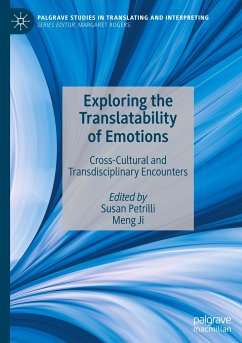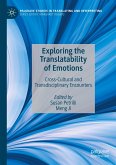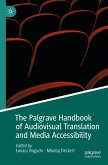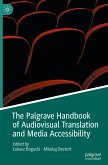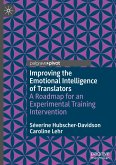This book offers an in-depth, cross-cultural and transdisciplinary discussion of the translatability of social emotions. The contributors are leading philosophers, semioticians, anthropologists, communication and translation theorists from Europe, America and Australia. Part I explores the translatability of emotions as a culturally embedded social behaviour that requires a contextualized interpretation of their origins and development in different social and cultural settings. These studies make useful preparations for the studies introduced in Part II that continue investigating the cultural and sociological influence of the development of social emotions with a special focus on the dialogical relation to the body and to others. Part III presses on delving into specific types of emotions which underscore social interactions at both the community and individual levels, such as dignity, (im-)politeness, self-regard and self-esteem. Finally, Part IV offers a further development on the preceding parts as it discusses problems of translation, expressibility and mass-medial communication of emotions. This book will engage translation scholars as well as those with a broader interest in the study and interpretation of emotions from different fields, perspectives and disciplines.
"This informative and up-to-date volume is an essential read for those interested in the interaction of emotion with language, meaning, consciousness, social practices and translation, particularly from a cross-cultural and transdisciplinary perspective. It provides valuable insights into the translatability of human emotions and serves as a foundation for further research and advancement in this emerging field." (Yanjin Liu, Emotions: History, Culture, Society, Vol. 7 (1), 2023)
"This volume's strengths are, first and foremost, the fascinating nature of the topics. For those of us who are not widely read in the semiotics of emotions, we can delve into just about any chapter ... . Another strength is the breadth and depth ofthe authors' and editors' knowledge. ... it's easy to see how this collection of essays would provide stimulating reading for graduate students and researchers in translation studies ... ." (Derrin Pinto, Hispania, Vol. 106 (2), June, 2023)
"This volume's strengths are, first and foremost, the fascinating nature of the topics. For those of us who are not widely read in the semiotics of emotions, we can delve into just about any chapter ... . Another strength is the breadth and depth ofthe authors' and editors' knowledge. ... it's easy to see how this collection of essays would provide stimulating reading for graduate students and researchers in translation studies ... ." (Derrin Pinto, Hispania, Vol. 106 (2), June, 2023)

